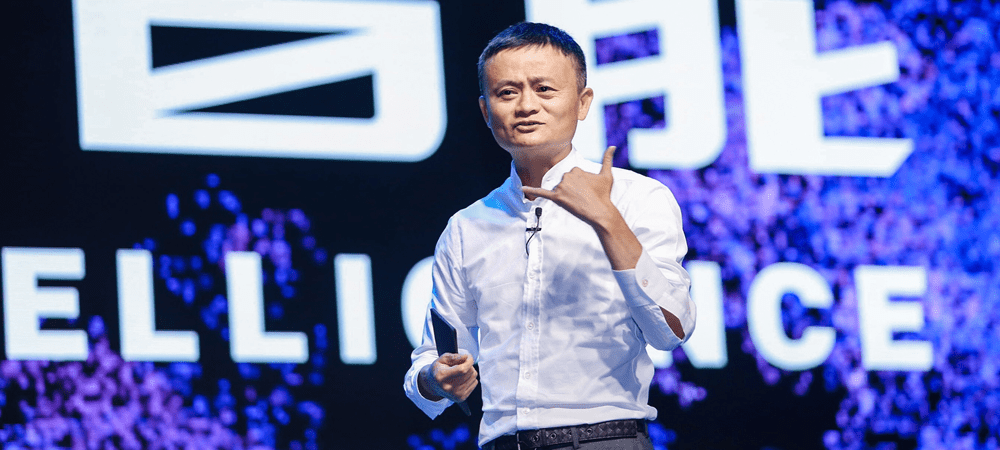Alibaba founder Jack Ma.
Australian vitamin company Blackmores is one of the first to have its products shipped as part of the Food Trust Framework, a blockchain-based system that aims to increase supply chain transparency.
The initiative was launched by Chinese e-commerce giant Alibaba along with Blackmores, Australia Post, New Zealand-based Fonterra and New Zealand Post to enhance consumer confidence in the provenance of products they purchase online.
The products will be purchased on Alibaba’s cross-border marketplace Tmall Global and shipped to China with controls including blockchain technology and product tagging with unique QR codes. The technologies will authenticate, verify, record and provide an ongoing public ledger that reports on the transfer of ownership and provision of products and goods.
In a statement, Alibaba said the Food Trust Framework uses blockchain’s immutable central ledger to achieve “end-to-end supply chain traceability and transparency to enhance consumer confidence and build a trusted environment for cross-border trade”.
Food safety controls
The initiative is important in the context of food safety, as blockchain can ensure each stage of a product’s ‘farm-to-table’ journey is recorded and open to scrutiny.
This means things like using fake ingredients can be detected a lot faster, while in the event of contamination retailers can quickly trace the supply chain and remove the offending batch rather than recalling the entire shipment.
Alvin Liu, general manager of Tmall Import and Export, said food fraud is a significant global challenge, particularly as supply chains become more complex.
“In response, we have created a coordinated, world-leading and robust framework that involves stakeholders from across the supply chain to improve visibility and enhance the confidence of both consumers and merchants,” he said.
Craig Heraghty, national agribusiness leader at PricewaterhouseCoopers (PwC) said fraud costs the global food industry between $40 and $50 billion a year.
In the report ‘Trust your Crust’ Heraghty said new technology is a game changer, allowing customers to track milk from dairy cows in South Australia to the supermarket shelf in Shanghai.
“When customers are choosing between an item and they don’t know where it’s from, and one where they can track its life span, they will always choose the one with more transparency,” he said.
“It also gives the producer the opportunity to see what in the supply chain is adding value. From our own research we estimate a grain of wheat from Australia is traded 200 times over. I’m sure a lot of this ‘clicking the ticket’ is not adding value. Each of these represents an opportunity for substitution, addition and tampering.”
Christina Zhu, Fonterra president greater China, said the company knows its customers in China and elsewhere want to be able to trace the products they purchase online. She said participating in the Food Trust Framework shows the company’s commitment to delivering global best practice in supply chain traceability.
“Blockchain is an emerging technology that has the potential to transform our economy and provide greater value to our customers and consumers. We want to be at the forefront of developing food quality and safety standards across the supply chain.”

